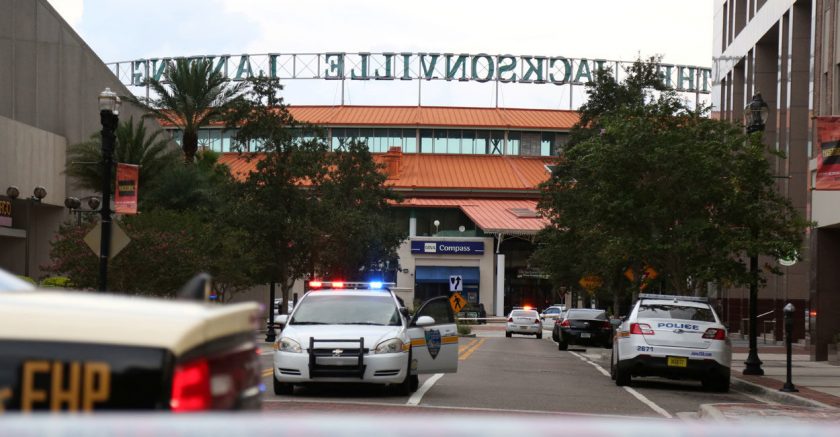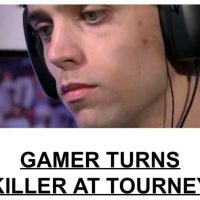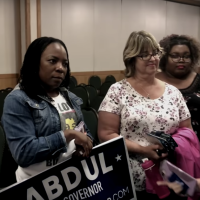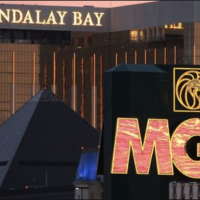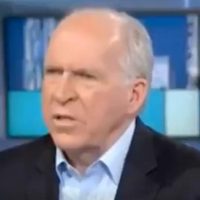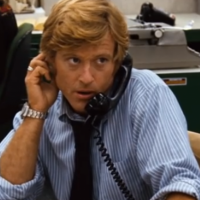This past weekend, a competitor at a video game competition in Jacksonville, Florida, opened fire on fellow gamers, killing two and wounding 10 before taking his own life.
It appears that, like so many mass public shooters before him, current gun laws should have been enough to prevent him from possessing firearms. And once again, the gun laws did little more than impose barriers for law-abiding citizens, who were then left defenseless.
It’s evident that the shooter has many of the traits common among mass public shooters. He comes from an extremely dysfunctional family and has a history of mental health and behavioral problems. He was a relative social outcast who, while not quite paranoid, appeared to think he was oppressed by his family and society.
He was never convicted of a crime, but had numerous interactions with law enforcement because of a tendency toward outbursts that displayed oppositional or threatening behavior. He did poorly in school and eventually dropped out of college.
It’s becoming increasingly clear that this shooting did not owe to a failure of laws on the books, but a failure to enforce existing laws.
Court documents reveal that the shooter was involuntarily committed to mental health facilities on six different occasions as a teenager, spent 97 days at a Utah facility for youth with behavioral health problems, and routinely had the police called on him by his mother. Under both Maryland and federal law, the involuntary commitments were enough to disqualify him from legally purchasing or possessing firearms unless he had his rights restored.
In Maryland, having firearm rights restored involves a fairly intensive process that includes providing sworn affidavits from non-relatives and a mental health professional attesting to the soundness of the individual’s mental state. It’s highly unlikely that the Jacksonville shooter had his rights restored under Maryland law, but we don’t know for sure at this time.
And yet, according to officials, the shooter was able to successfully purchase two handguns from a federally licensed firearms dealer in Baltimore in the weeks prior to the shooting, meaning he passed, at the very least, a federally-mandated background check for disqualifying criminal and mental health histories, submitted his fingerprints, and passed a firearms safety training course.
Read the full story from The Daily Signal
Want more BFT? Leave us a voicemail on our page or follow us on Twitter @BFT_Podcast and Facebook @BluntForceTruthPodcast. We want to hear from you! There’s no better place to get the #BluntForceTruth.

